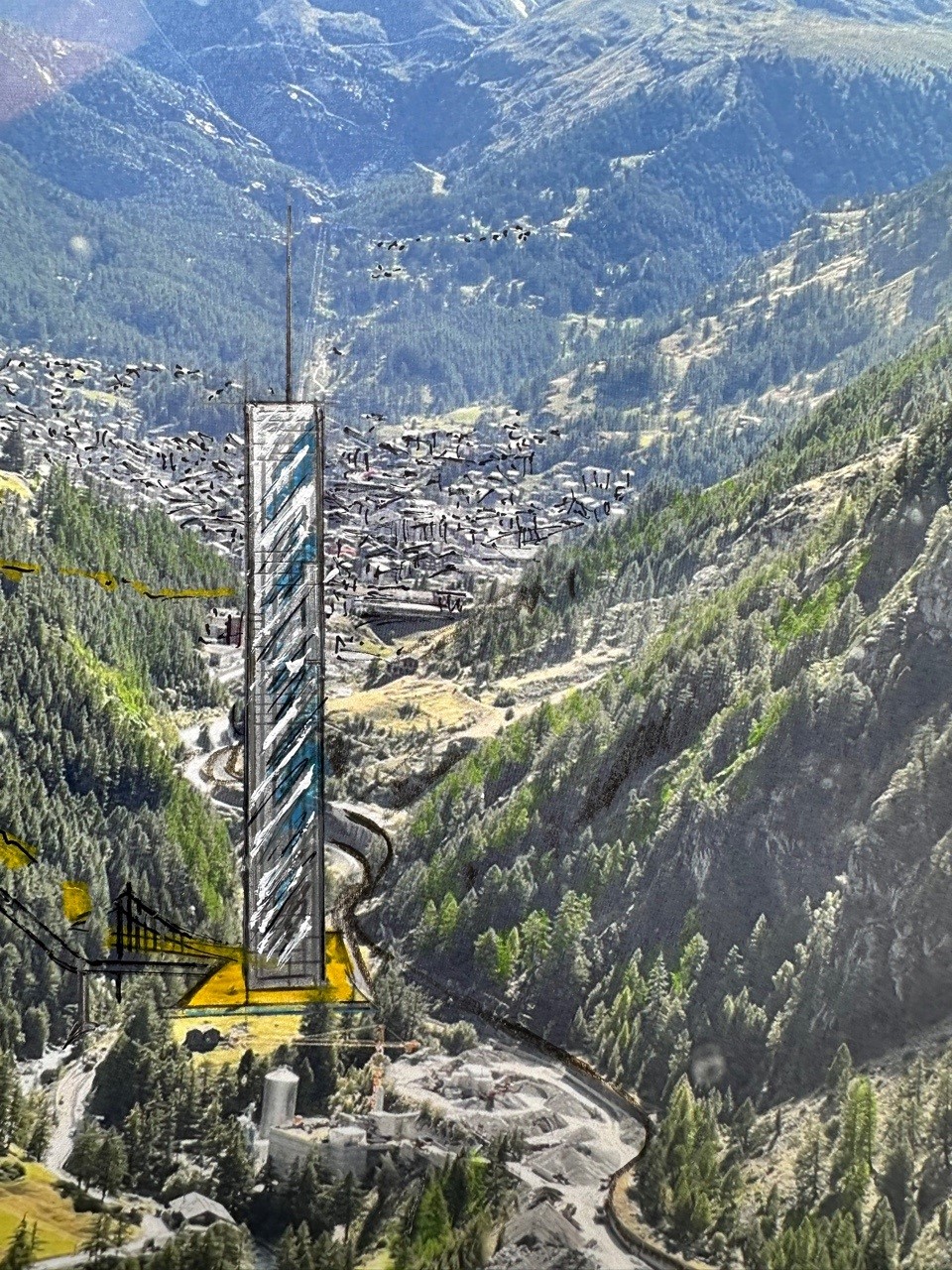
Swiss canton has ‘legal’ claim to controversial artefacts

A Swiss canton has legal ownership of rare ancient artefacts, but only because it took possession of the collection before regulations were introduced to prevent unlawful imports of cultural objects.
Therefore, the so-called Guigoz collection in western Switzerland does not breach Swiss law, according to an expert study commissioned in 2014 to examine the controversy.
The report on the 3,700 ancient and medieval art objects originating from the Mediterranean region was made public on Tuesday.
They were originally collected by industrialist Edouard Guigoz who bequeathed them to the canton of Valais in 1970 upon his death.
The provenance of the collection has come under suspicion, prompting the return of a stolen marble statue to Italy in 1979 and for the remaining artefacts to be placed into storage since 1985.
Valais cantonal authorities commissioned the study by art and law experts to gain legal clarity on the collection. The experts could find no specific evidence of theft of the artefacts, but their legal verdict is far from clear-cut.
Switzerland ratified a UNESCO treaty on the transfer of cultural artefacts in 2003 and two years later drew up its own laws to prohibit illegal smuggling.
As neither edict has retroactive reach, canton Valais can claim legal ownership of the collection, the study argued.
However, any museum that displays the artefacts in future could still be subject to claims for reimbursement from abroad, the experts added.

More
Switzerland restores image over art trafficking

In compliance with the JTI standards
More: SWI swissinfo.ch certified by the Journalism Trust Initiative






























You can find an overview of ongoing debates with our journalists here . Please join us!
If you want to start a conversation about a topic raised in this article or want to report factual errors, email us at english@swissinfo.ch.